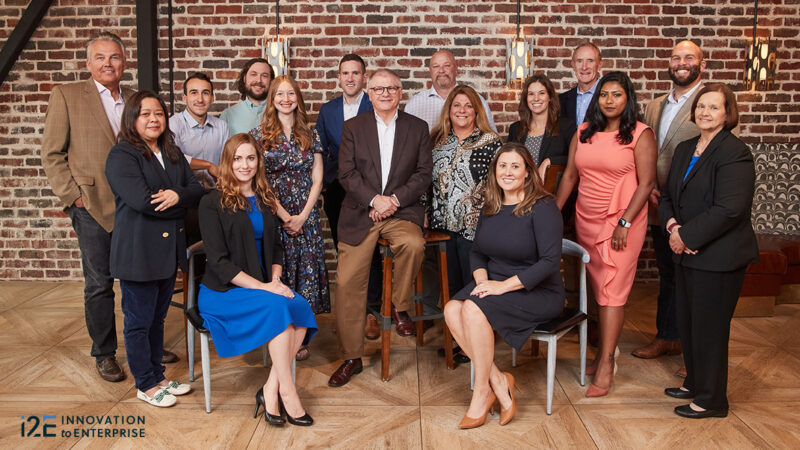By Scott Meacham
Copyright © 2019, The Oklahoman
For high-growth startups and their early stage investors, there are two primary paths to longevity and returns—an initial public offering (IPO) or a merger/acquisition by another (typically larger) company.
MoneyTree reports that in 2018, 86 venture-backed firms held IPOs and 689 venture-backed firms achieved exits via merger and acquisition (M&A). (Worth noting, at 183 exits, the fourth quarter of 2018 hit an all-time M&A record high.)
Entrepreneurs must face the reality that when it comes to exits, no matter how the headlines shout about Uber, Tencent Music, or SurveyMonkey IPOs, it is far more likely that a successful startup will be acquired than that it will exit via a public offering.
A second reality is that acquisitions of successful startups will always change the deal. Entrepreneurs and startup teams—even wildly successful ones—will like some of the changes more than others.
First, the celebration. Investors will be compensated for their risk. The entrepreneur and other team members, as appropriate, will receive a payout of all their hard work—options, shares, cash, or perhaps all three.
The acquiring company will likely structure a package of “stay” incentives and benefits; they will want the founder and other mission-critical members of the startup team to ensure a smooth transition for customers and to complete any development or product-related milestones. The acquiring company will be highly motivated to retain hard-to-find technical talent.
However, just as the skills it takes to scale a company are very different from the skills it takes to prove a concept, the skills required to successfully integrate a startup into a corporation (no matter how distinct and separate the businesses may appear on the organization chart) are far different than the skills it took to grow the startup into a company that a corporation would buy.
In spite of the financial rewards, it is difficult for many entrepreneurs to move from the freedom and flexibility, and frankly the risk, of a super-charged startup environment into a role where they work for someone else, with more process, more rules, and more facts to consider before most decisions can be made.
In my experience, true entrepreneurs tend to want to be entrepreneurs, and that’s the really great thing about exits by acquisition. Building a startup and then having it acquired by a larger corporation gives an entrepreneur a great (but limited) opportunity to learn more about business operations—but it isn’t dancing lessons for life.
Instead, it is a virtuous cycle.
Acquiring businesses have the deep-bench talent, brand awareness, resources, and infrastructure to take the growing startup into new markets faster than either the young company or the corporation could accomplish alone.
Cashed out entrepreneurs have more experience, a track record with investors, and the inspiring confidence that uniquely comes from building a successful business from the ground up and creating jobs and returns for employees and investors.
The best acquisitions help entrepreneurs cash out, and then become free to go out and start their next companies.
Scott Meacham is president and CEO of i2E Inc., a nonprofit corporation that mentors many of the state’s technology-based startup companies. i2E receives state appropriations from the Oklahoma Center for the Advancement of Science and Technology. Contact Meacham [email protected]








